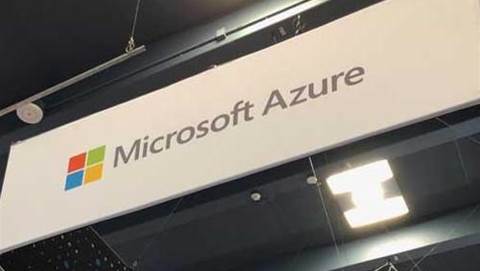
The company is also looking to harness Web 2.0 principles, such as tagging, to help its users deliver more effective customer service.
EMC launched Documentum ECM 6.5 earlier this year, revealing new Web 2.0 software that aims to increase collaboration inside the Documentum repository.
The software, called CentreStage Essentials, allows users to collaborate through shared team workplaces that contain support for corporate blogs and wikis. It is currently available as a free beta download to existing Documentum customers and will ship later this year.
Whitney Tidmarsh, vice president of strategic marketing for EMC software, said that the firm will continue to build Web 2.0 principles into the new offering.
One strategy she spoke of is to open up the Documentum platform to third-party developers, just like Facebook has done. Customers will be given access to a choice of application components through EMC's online services catalogue. "This will allow customers to mix and match whatever they want," Tidmarsh said.
Web 2.0 is all about customisation and not limiting customers to a single vendor, Tidmarsh suggested.
"We want to provide an out-of-the-box solution with capabilities that can be extended by other vendors," she said.
Chris Blaik, EMC content management and archiving European marketing director, said that the company is also working on what he describes as a " customer-oriented architecture".
A part of this new CRM strategy will be to supply customers with heavily detailed pre-figured templates which act as workflows to ensure that customer service agents deliver top quality service.
"It helps that we acquired Document Sciences last year," said Blaik, adding that the acquisition has already allowed EMC to provide companies with a " mass-personalised means" to communicate with its customers.
EMC also plans to harness tagging to help companies handle complaints procedures more efficiently, according to Tidmarsh. Firms that have a number of departments each with a different CRM system will be able to tag all documents that relate to a complaint, allowing them to be aggregated without having to move them into the Documentum portal.
"This will also help companies with the global emergence of the e-discovery process they are struggling to adapt to," Tidmarsh added. The process, mainly practiced in the US but now spreading abroad, gives companies a limited amount of time to produce documents in response to a legal investigation.
























